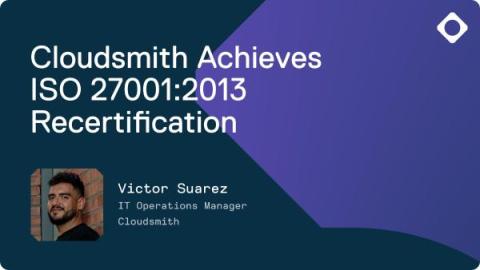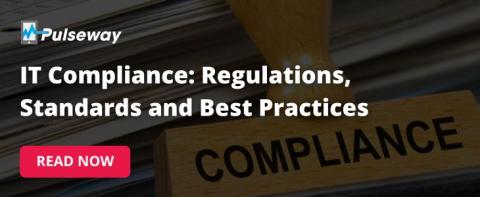Empowering Brokers: How Automation Reshapes the Mortgage Industry
Over the years, there has been a noticeable transformation in how the mortgage sector operates due to the introduction of automation. Brokers, who serve as links between homebuyers and lenders, have been significantly influenced by this technological advancement. As automation continues to expand its reach across various stages of the mortgage journey, it is crucial for brokers to embrace these changes and utilize them to maintain an edge. This article delves into how automation is reshaping the mortgage landscape and empowering brokers to deliver enhanced services to their clientele.










